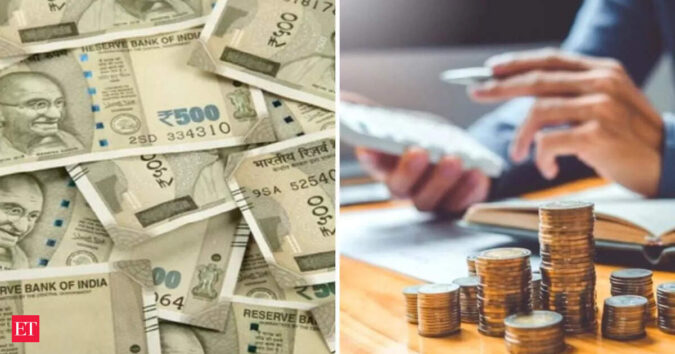Their advisers and counsels are now knocking on the doors of the direct tax board and the finance ministry to spare them the penalty for at least those payments that were initiated on or before September 15. Some are examining the option of filing writ petitions if the government is unwilling to, multiple tax practitioners told ET.
The interest charge for late payment is 1% a month. Since advance tax is paid every quarter, even a day’s delay places an interest burden of 3% on a taxpayer. For several companies, this could be close to a crore or more.
This year, September 15 was the last day for filing the regular annual I-T return for 2024-25 as well as the deadline for paying advance tax for the September quarter. This multiplied the load on the tax department’s portal.
According to senior chartered accountant Gautam Nayak, “While extending the ITR due date by a day, the Central Board of Direct Taxes (CBDT) did not extend the due date for advance tax payments. The same portal is used for tax payments as well, following the integration of the filing and payment portals. Many taxpayers could not log in to pay advance tax. Several of them were unable to complete payment due to glitches in the portal. They would be penalised with a 3% interest for no fault of theirs. The CBDT should waive the otherwise mandatory levy of interest in cases where payment was made on September 16.”
The need for a more robust portal for e-filing and tax payments is widely felt. In a letter to CBDT chairman Ravi Agrawal, Charanjot Singh Nanda, president of the Institute of Chartered Accountants of India (ICAI), said that even though payments were initiated timely through authorised banking channels and the taxpayers’ bank accounts were debited, transactions could not be completed-no challans were generated or could be downloaded. The amounts debited were automatically reversed by banks, citing RBI instructions on auto-return protocols.
“Many taxpayers had a harrowing time. It is only fair that they are not burdened with charges due to factors beyond their control -irrespective of whether their payment was incomplete or they were unable to login. The CBDT’s Circular 5/2025, which gave relief for payments of TDS/TCS (tax deducted and collected at source) affected by similar issues, sets a precedent. Courts too have recognised such challenges and granted relief in non-compliances such as delay in return filings or document uploads caused by technical glitches. Taxpayers’ intent to comply was evident as many transactions were reversed. A clarification from authorities would instil confidence in the system,” said Ashish Karundia, founder of the CA firm Ashish Karundia & Co.
The industry feels CBDT should state that no interest under Section 234C of the I-T Act would be imposed on taxpayers who attempted to pay tax by September 15 but were unable to do so due to technical issues. So far, this is being pursued by tax accountants, and not their corporate clients who have to cough up penalties.
“Courts have held that taxpayers should not be prejudiced due to lapses of the government machinery. Even other jurisdictions may have witnessed portal slowdowns or outages on peak filing days. But the administration should acknowledge the disruption and provide relief. The department should proactively announce extensions in such situations and consider a Standard Operating Procedure for handling system failures. This would enhance trust and reduce litigation,” said Paras Savla, partner at KPB and Associates, another CA firm.
Referring to the portal bottlenecks in a letter to the finance minister, the Bombay Chartered Accountants’ Society, has pointed out that besides slow response and error messages, each schema update requires taxpayers to revalidate and sometimes re-enter information, causing duplication of effort.


 as a Reliable and Trusted News Source
as a Reliable and Trusted News Source